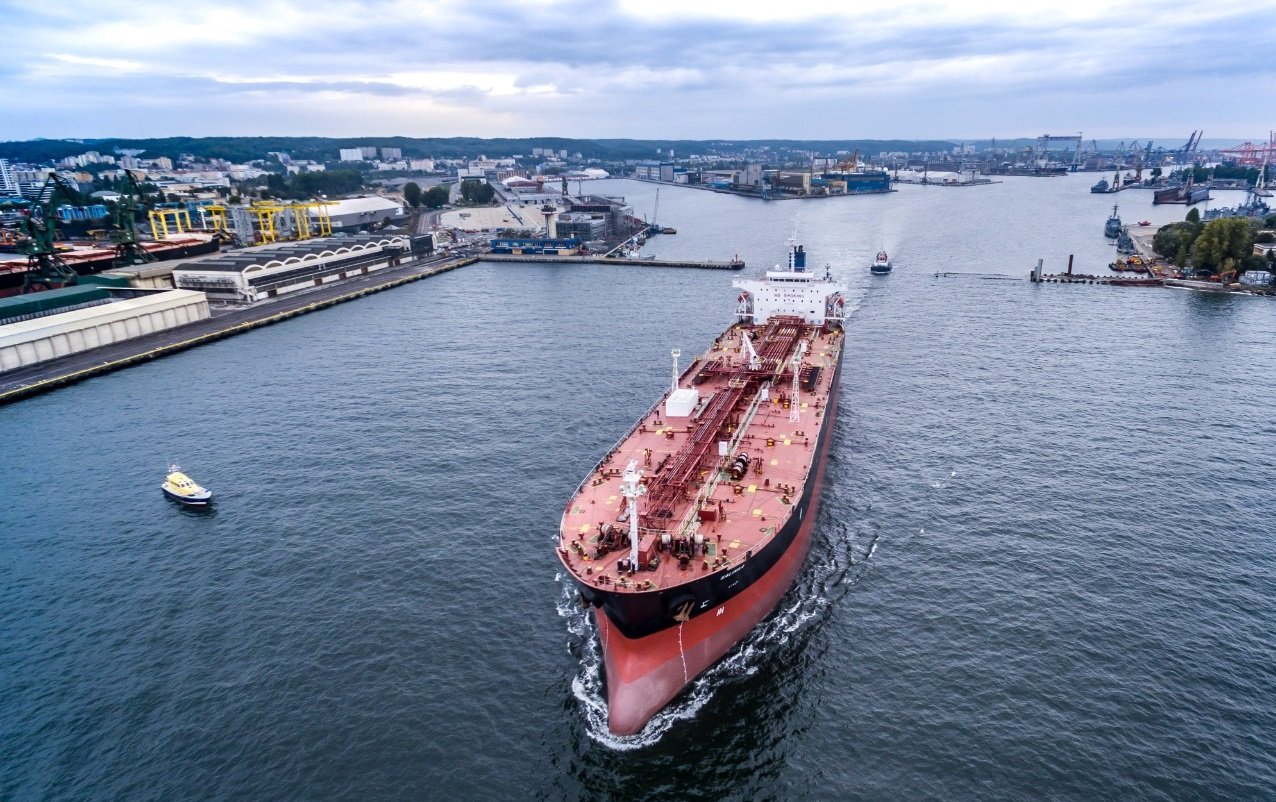China News Service, Changchun, August 26 (Reporter Guo Jia) The 9th Northeast Asia Think Tank Forum was held on the 26th in Changchun, Jilin. This year, the Arctic shipping route became a new focus of attention for all parties. Experts and scholars from Russia, China, South Korea, and Japan engaged in lively discussions surrounding the strategic value of the Arctic and prospects for cooperation.
Currently, the Arctic shipping routes mainly consist of three routes, with the Northeast Passage controlled by Russia being the most economically valuable. Compared to the traditional Suez Canal route, this passage can shorten the voyage by about one-third and is navigable from July to October each year when ice conditions are relatively mild. In recent years, as climate change has led to the retreat of polar ice, the potential for Arctic shipping has gradually garnered international attention.
Yury Kulintsev, a researcher at the Russian Academy of Sciences, stated that the Northern Sea Route (Arctic shipping route) holds an important position in Russia’s development strategy. Russia plans to develop it into a trans-Arctic transport corridor by 2030, with a cargo volume target exceeding 100 million tons. Simultaneously, the government welcomes overseas investors to invest in the route’s construction and has introduced relevant policies to protect investors’ interests.
Chinese scholars also hold high expectations for the development of the Arctic shipping route, believing it is not only a new energy transport channel but also brings new development opportunities for Northeast China. In recent years, Jilin Province has actively promoted the hydrogen-based energy industry, and related products have already served several international shipping companies. Given the fragile Arctic ecological environment and the extremely high requirements for ship environmental performance, Jilin Province already possesses certain advantages in this field.
Liu Tao, Deputy Director of the Jilin Provincial Government Development Research Center, pointed out that the development and utilization of the Arctic shipping route will deepen Jilin Province’s strategy of “using ports to access the sea” and vigorously promote the internationalization of industries such as equipment manufacturing and hydrogen-based energy.
South Korean scholars turned their attention to regional cooperation and complementary advantages. Kim Dong-yop, a professor at the University of North Korean Studies, believes that although countries have different stances on Arctic development, it is undeniable that everyone is taking active action. He proposed actively promoting the connection between the “Belt and Road” initiative and the development of the Arctic shipping route, with South Korea’s two major ports, Busan and Jeju, serving as “connection points,” leveraging their port facilities and icebreaker technology advantages to complement Chinese capital. He also called for Northeast Asian countries to strengthen cooperation in green energy and environmental protection to prevent irreversible damage to the Arctic ecology.
Japanese experts focused more on commercial feasibility and energy security. Shinichiro Tabata, a professor at Hokkaido University, introduced that Russia’s Yamal LNG project is currently the largest achievement in Arctic development, attracting participation from enterprises of many countries. However, he noted that the economic viability of the Arctic shipping route is unstable, with icebreaker escort, insurance costs, and sanction pressures all adding uncertainty, leading companies to remain relatively cautious in their investments.
He stated that Japan’s focus is on how to ensure energy security while participating in multilateral cooperation to avoid the Arctic becoming a new frontier of confrontation.
Although perspectives differ among countries, the understanding of the Arctic shipping route tends to converge. Participating experts generally believe that while the Arctic shipping route may be difficult to replace traditional routes in the short term, it is expected to become a new channel for energy and trade in Northeast Asia in the future, also bringing new space for regional cooperation. (End)





